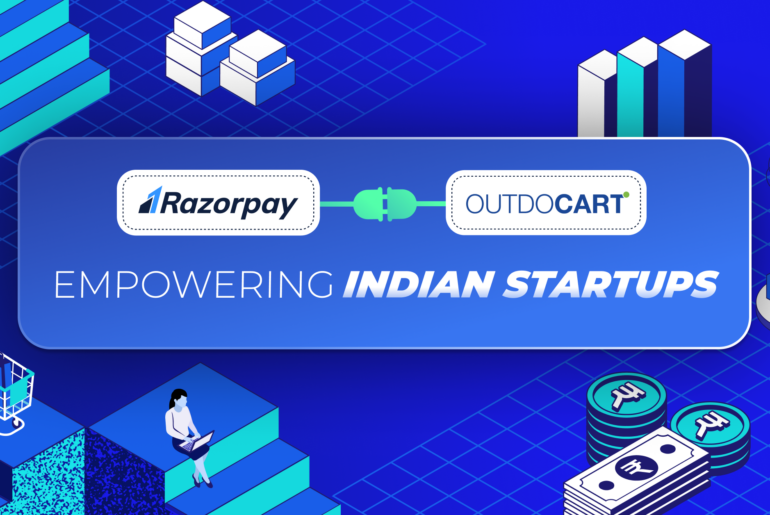In 2013, CRISIL had launched Inclusix, India’s first financial inclusion index, to gauge the level and progress of financial inclusion in the country across its 666 districts.
Now, over a half, 336 to be exact, of the 666 districts of India have a score of “Above Average” on the index.
But of course, with a larger number of Indians acquiring access to financial services, the need for the government to regulate these services and the service providers also becomes of paramount importance.
A look at the short history of FinTech shows that the seeds were sown in the banking industry.
However, the past 5 years have seen tremendous development with FinTech expanding to insurance and asset management companies as well.
While the shift towards the digital economy has not been an easy ride in a cash-concentrated economy like India, the citizenry is slowly but surely adapting FinTech services, not just consumers but businesses too.
This has activated a shift to an advanced and fast-paced economy, with new business propositions emerging in the FinTech space.
And where there’s growth, regulation can’t be far behind.
A number of sectors within the FinTech space are yet to be regulated. Sectors such as P2P lending, different modes of digital payment are a few that require monitoring and regulation because they handle money from the public at large.
P2P lending platforms have been gaining popularity due to their efficiency, high ROI, and low lending rates compared to banks and financial institutions. With P2P now being treated as NBFCs along with the new set of regulations by the RBI, I believe it will only bring about more legality.
This will result in better decision making and credibility to P2P platforms, which will contribute to making it more sustainable and robust in the long run.
RBI has begun to also regulate some FinTech sectors that are focused on e-wallets and Indian payment gateways services.
These entities have to be registered with the RBI under the Payment and Settlements Act 2007, which follows stringent rules and regulations regarding these. Apart from this, there has not been a lot of regulation in any other sector of the FinTech industry.
This does put an opportunity in the hands of the regulator and the businesses to try different approaches.
Historically, what has happened though is that the regulators haven’t looked at FinTech companies in a different light. They have considered FinTech firms to be on the same level as traditional businesses.
This, of course, has to change. And the change happened in 2017 when a Working Group of the Reserve Bank of India recommended that a regulatory sandbox be set up in India, which will allow FinTech start-ups to test out new services and assess risks before they are introduced to the market.
The Indian FinTech space has been governed by multiple entities such as RBI, SEBI, TRAI and IRDA. Thus, there is no single regulatory body or a specific set of guidelines dedicated to FinTech firms.
Further, each State has its opinions on the start-up ecosystem. This has resulted in uncertainties and gray areas for the FinTech community due to the overlap of regulations and contrasting views.
The FinTech space has and is using new technologies and disruptive approaches to come up with better and innovative products. Therefore, the regulator has myriad areas to look at to ensure the welfare of the multiple stakeholders in the FinTech space.
Keeping the consumer at the forefront, like the announcement of data localization norms, the ability to be flexible and interpret the given regulation would play a key role in balancing and enforcing regulations.
Regulatory guidelines on making digital payments more secure are also in the draft phase at RBI. A new committee, led by Nandan Nilekani, has also been recently set up for digital payments and its impact on developing a digital-inclusive economy.
Hence, with adequate support from the regulator, we believe that the FinTech revolution is going to change the habits and behavior of the Indian population.
———-
This story was first published in Live Mint.



